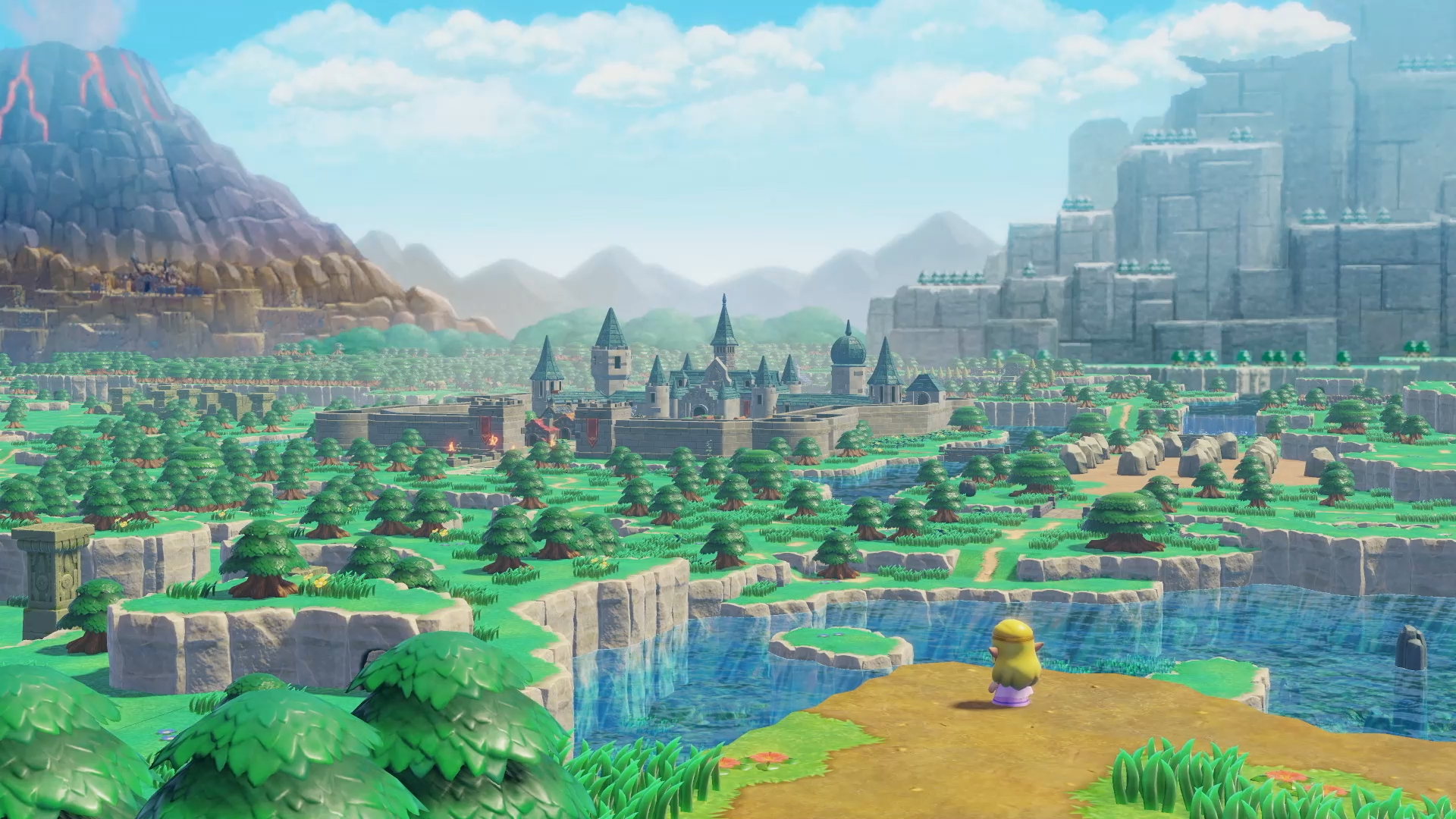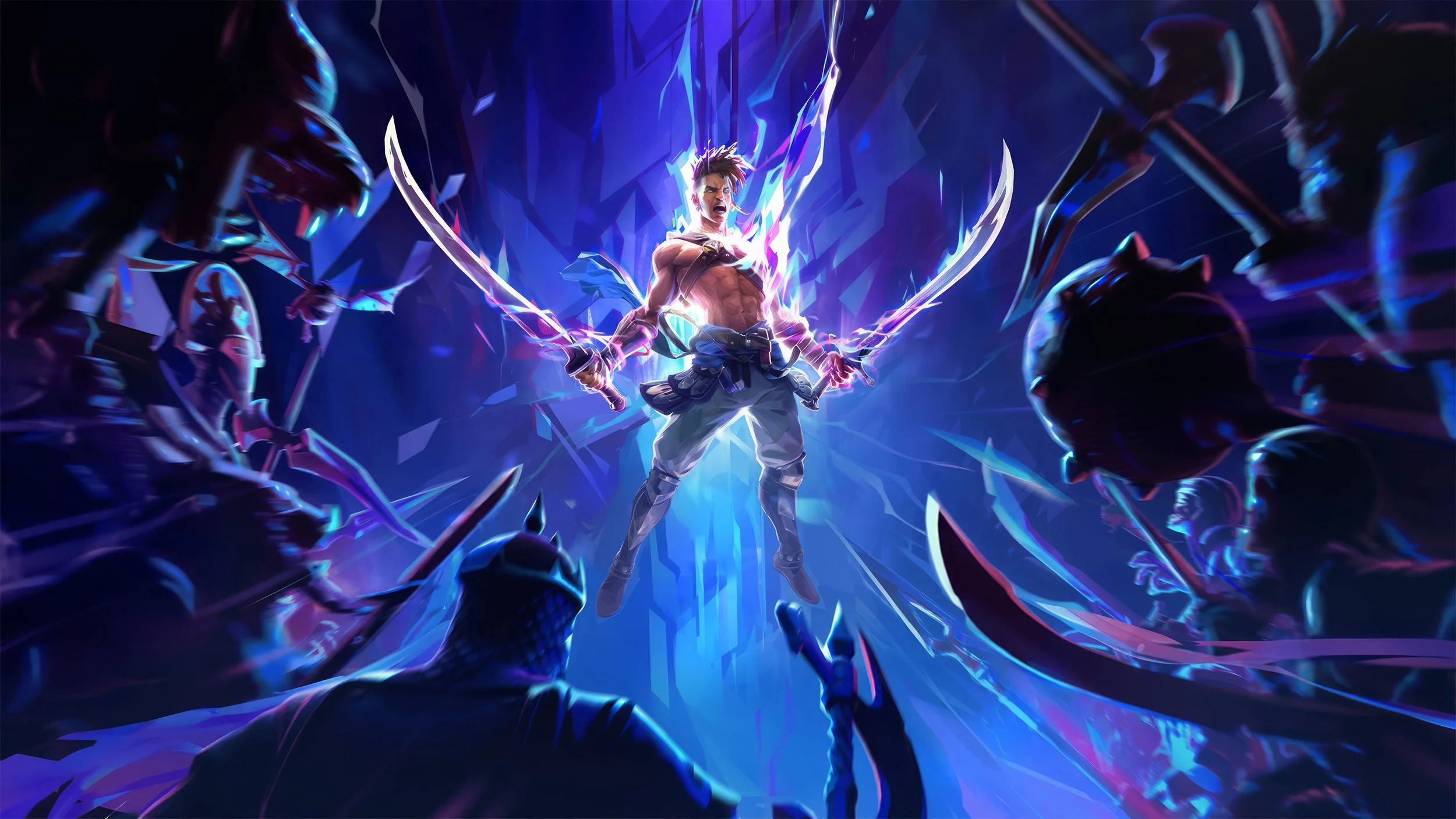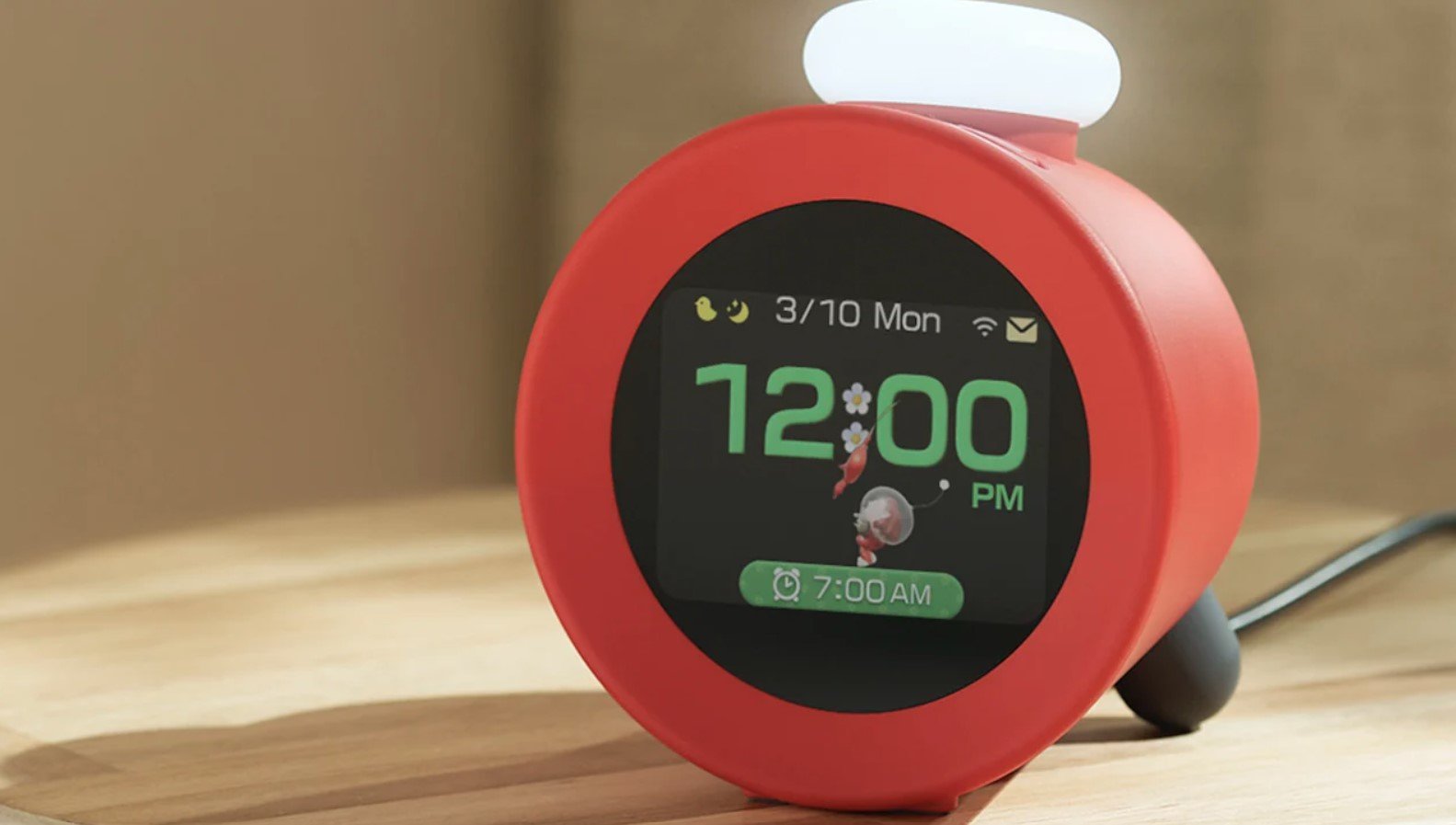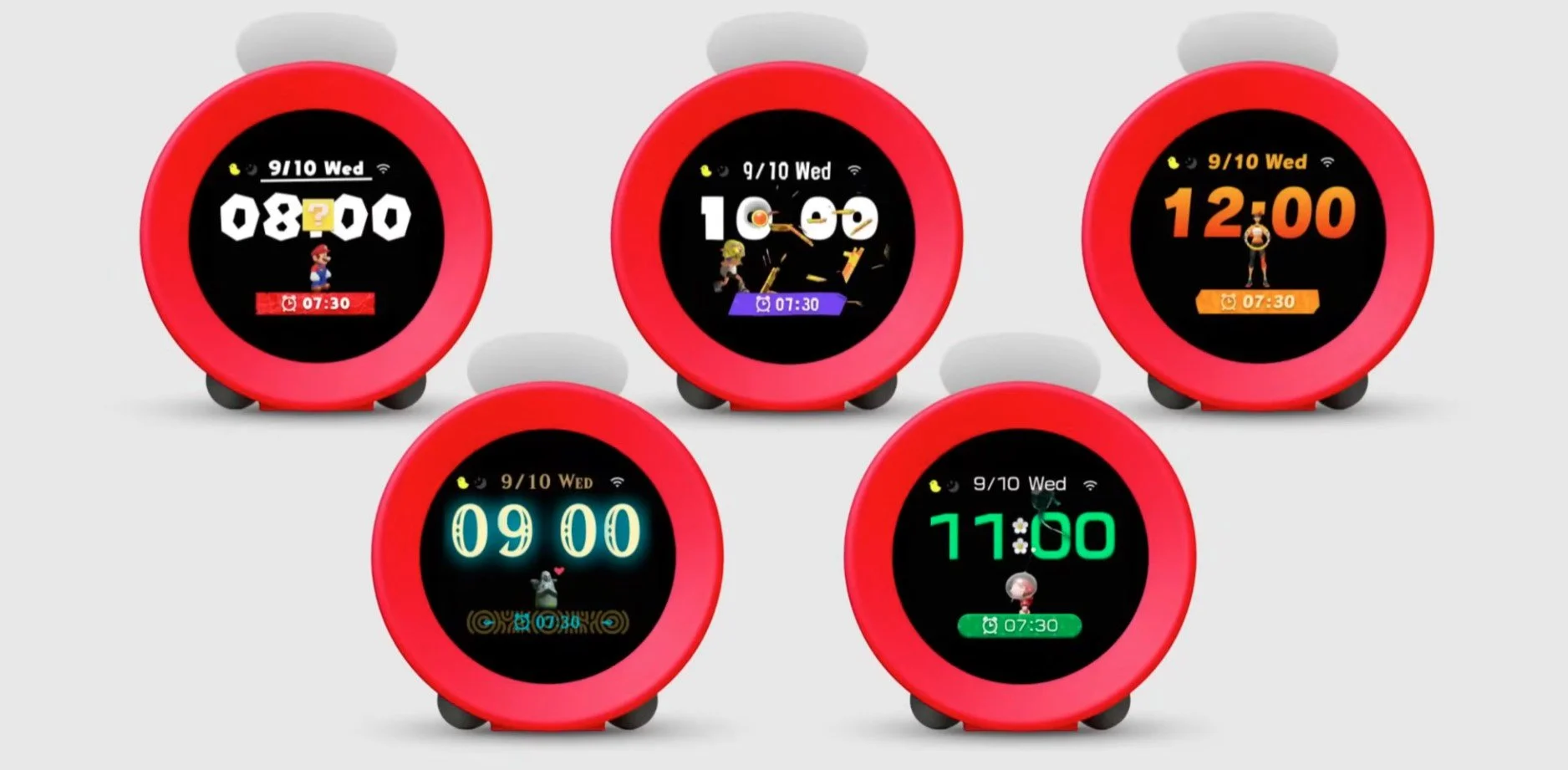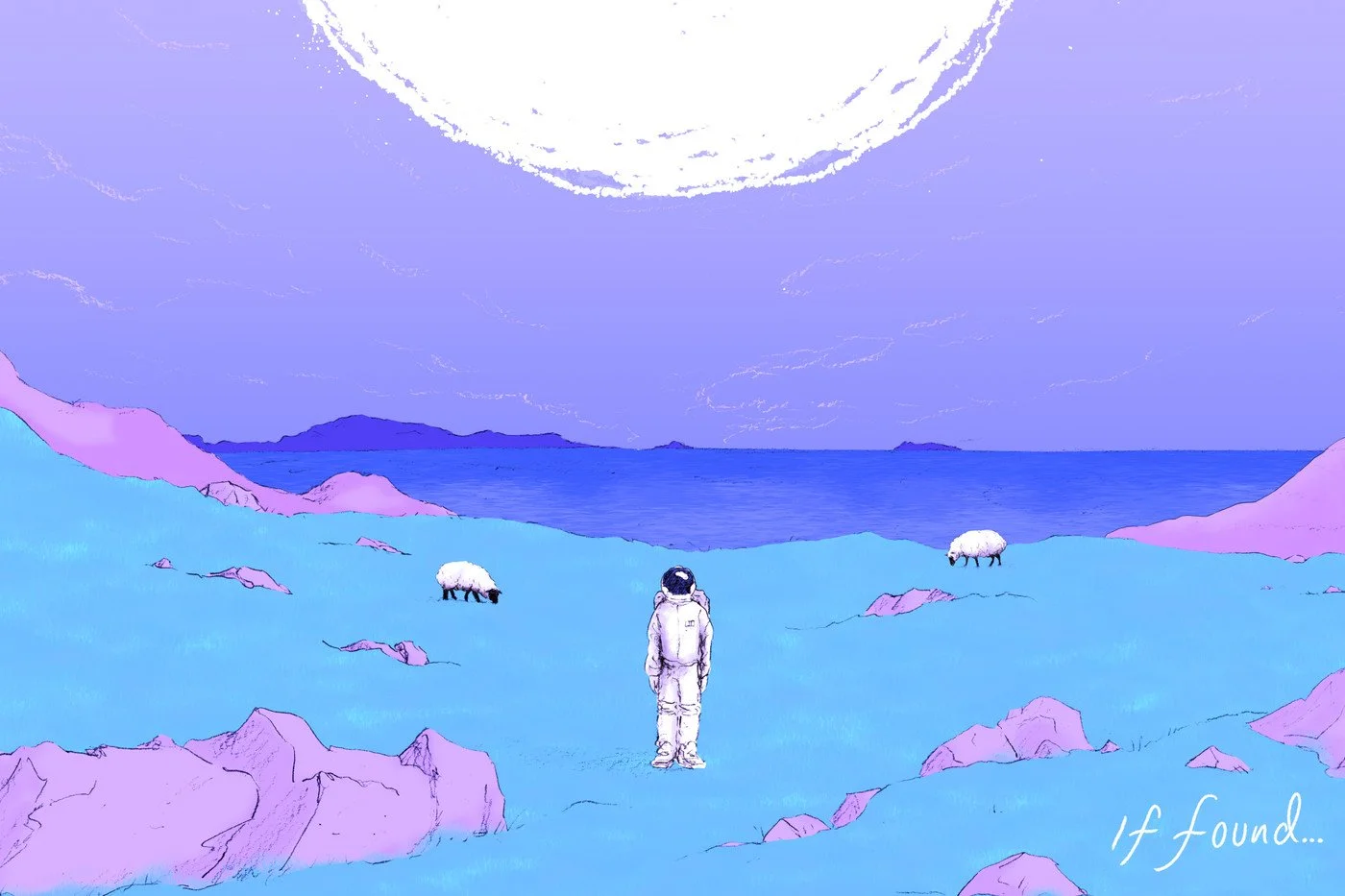Squidge Rugby Reflects On The Games He Beat In 2024 | Winter Spectacular 2024
I spent most of 2024 depressed.
I’m always fascinated by artistic depictions of depression. It’s maybe the most difficult element of the human experience to capture properly because its wire-frame nature is so antithetical of good, compelling art. There is no plot progression in depression. It doesn’t follow the hero’s journey. And it’s different for everyone, for each person calling in sick to hide under a blanket eating ice cream as in the movies, there’s a dozen of us joylessly sleepwalking through a life we once did, and perhaps shall one day again, enjoy.
Yet the interesting thing about consuming art whilst depressed is how often elements of your present manifest and reflect themselves in the work. Producing art about depression is hard, but finding art about depression whilst you, yourself, are depressed, is positively straightforward.
Video Games have themselves been caught in a depressive, spiralling existential crisis for some fifteen years. Games are the youngest mass-market art form we have (discussions on where online content fits in the paradigm are for another day), and as such are often guilty of measuring their own artistic merits against the yardsticks used by their older siblings. “Cinematic” visuals and literary storytelling techniques became the measure by which games' artistic merits were judged. Instead of producing their own set of merits, games determined their worth was based on how closely they could align themselves to other mediums. If a game was to be art, it existed as an impersonation, often purposefully and artificially dark, all to convince the plastic box it came in it should be embarrassed to be sold on the same shelf as Leisure Suit Larry.
Yet 2024 was a year for me, viewed through the lens of my big black dog, that games really started to understand who they are.
Virtually every review of Astro Bot has focused on how broad the writer’s grin was whilst playing it. One of the unfortunate side effects of depression is that seeing a little robot dressed up like Parappa the Rapper only makes you go “Oh look a little robot dressed up like Parappa the Rapper” instead of leaping with joy, but that’s on me. If the point of art is to craft an experience that passes feeling onto the strangers who witness it, Astro Bot is a positive tour de force.
There’s something of the Steven Spielberg to Astro - It’s masterfully tooled to prompt the chosen reaction (normally nostalgic grins), shaped with such craftsmanship you scarcely notice the slight whiff of artificiality.
It’s such a joy and an efficient one at that. As a raw platformer, Astro is kinda average. The actual act of jumping is never where the fun is found, your moveset is pretty stolid, unexpressive and even the game’s most challenging platform gauntlets are disappointingly straightforward and easy (in particular the super-unlockable mega-finale, which caused me to finish a game I’d loved by saying “Is that it?”). One-hit-death platforming and 3D space are also odd bedfellows - A solid 60% of my deaths over the game (including 100% of my deaths on that final challenge) came from an enemy launching a projectile after I was too far into my jump animation to suitably adjust and dodge. Yet to judge Astro Bot as a pure platformer is to miss the point. This is the perfect melting pot of artistically interesting games, taking the setpiece-heavy structure of so many of the titles Sony’s pumped out in the years since somebody first wrote “Wow the Last of Us made me sad” and marrying it to the shape of a Nintendo-sanctioned wahoo-letsago simulator.
Astro Bot is not about platforming. It’s about moments. It’s about crafting beats that’ll get a smirk out of even the most depressed of sofa-bourn badgers. Every mechanic is explored in properly masterful fashion, levels built to make you abandon or adapt your new power right before you get used to it. It’s maybe the best-paced game of the year, throwing so many new mechanics at you in the opening stages by the time you revisit them, they feel fresh all over again. And most of all, it gives you stuff to talk about. Blowing the cover off the mouse’s bed was carefully designed by a team of very smart people in Tokyo over several years, but it feels like an act of creativity from the player. Each instance of you slowing down a crock of flying knives is scripted, but they make you feel like you’ve personally cracked time travel. In a year where I broadly lost the ability to feel, Astro Bot giving me so many crafted moments of “Ha, I did that” meant more than the grins it may have prompted in a better year.
I had a similar experience with The Legend of Zelda: Echoes of Wisdom. In an annum where I craved a creativity of which I didn’t feel capable, using pots and pans to traverse Hyrule felt like the most vivid holiday. This was maybe the most I’ve ever enjoyed and positively craved puzzles in a Zelda game, the rigid “We need a solution” nature betrothed to that freedom of solving them in infinite ways felt freeing, light. With a brain bogged down, the sheer concentration and creativity involved in solving those puzzles felt like it unhooked the anxiety track and left me focused, filled up. Each solution satisfying, yes, but also a disappointment as my mind returned to the gunked-up state it’d sat in before.
This isn’t an experience I got from any movie or book this year. Perhaps the boldest example from my logged games this year was Penny’s Big Breakaway, a game that only becomes fun once you get good at it. So built on momentum, on flow, on the player’s own platforming expression it negates anything else. I found the first few hours entirely unfulfilling, but once you get the knack for it, the game unfurls layers. No other art form does this. Pride and Prejudice doesn’t hold back who Elizabeth fancies until your vocabulary expands. No movies this year punished me for having poor enough eyesight to require glasses. Many may level this as a criticism with either the game or the medium, but the truth is it created an emotional reaction and satisfaction I didn’t and couldn’t get anywhere else in art this year. Video games, for so long, have been convinced their artistic merit laid in copying others, but the things I enjoyed most this year were those that cut through. That prompted specific emotions by asking things of me beyond just empathy. Games have the ability to prompt emotion through action, not reaction, and when stuck so flat it was this I responded to from so many different games.
Because there’s plenty else I liked from 2024: I blasted through Sonic X Shadow: Generations in three days and it was one of the best weekends I had all year. The “Hold forward to win” gameplay might not be for everyone, but it’s so soothing and satisfying to me. Thank Goodness You’re Here! had the cantankerous charm of something I’d secretly watch as a teenager after my parents had gone to bed. Pepper Grinder is superb, the exact opposite of Astro Bot in that it’s a game that really is about the platforming; the joy of the game in the act of propelling yourself from one ledge to another by hook or by crook. Fear the Spotlight also really chimed with me, a gorgeously spooky little thing.
Prince of Persia: The Lost Crown is one of the best-feeling, most satisfying and brilliant to play games I’ve ever touched. There’s an old Nintendo mantra that the main character should still be fun to control in an empty room, and no game passed that test better than Prince of Persia for me. The game feels so tactile and rich to control, even killing grunt enemies or hopping over a small ditch just twigs a pleasure centre in my brain. Whilst for similar reasons, my first afternoon with Super Monkey Ball: Banana Rumble was maybe the most raw fun I had with any game this year, an oasis in a burning year. The physics are so carefully calibrated, weighty when building up speed but able to snap at any second and hurl yourself around. As a previously-conservative Monkey Ball player in past games, the early levels are beautifully designed to tempt you into tomfoolery. With strict time trial bonuses, hidden bananas and careful placement of objects in your eyeline, before long I’d turned into simian Ethan Hunt, hurling myself off anything and lobbing myself towards certain death in the interest of taking a tenth of a second off my time. Both games are minor masterpieces, things that feel so perfect you don’t really give a monkeys about what else you’re doing.
Yet, all of that aside, when I think games in 2024, there are two experiences that most immediately hand themselves to my mind.
Howard Hawks once said all a movie needs to work is three good scenes and no bad ones. A spike of depression may give you three good days, but they’re so lost in amongst the dogshit your good:bad ratio becomes indistinguishable from a Venom movie. Art about depression is hard, but that’s also in no small part because when you’re depressed everything is hard, and when you’re no longer depressed, it’s the last thing you’d want to think about.
Calling Emio: The Smiling Man - Famicom Detective Club up there amongst your favourite games of the year is tricky, and not just because of the sheer punctuation required every time you try. This is a steady, weird visual novel whose best, most memorable moments come after you set the controls down for the credits. It’s a game you barely play, and yet in a year so overshadowed for me by shadows, it became the most compelling cartridge I plopped into a slot all year.
The core of Emio’s gameplay is conversation. Where other detective (Or, more to the point, attorney) games are about logic and deductions, ETSFDC, an acronym I’m pretty sure doubles as a download code to nab it from the eShop, cuts a different cloth. The point of the game isn’t to solve problems, it’s to progress them. Many bounced off the gameplay because they failed to recognise that’s exactly what it is: Every conversation in Emio is a puzzle. You enter each conversation with a clear idea of what you want out of the person, but etiquette, their personal agenda, trust issues, and the good old flow of conversation stand in the way of you getting there. You play as a normal, incredibly polite (If slightly horny) teenage boy, and the game forces you to unlock your next clue the same way he would: By listening. It’s a game whose main obstacle is your character’s manners. Sometimes, you have to listen to an old lady bend your ear off about her grandkids for ten real-life minutes in order to get onto the topic that might give you a clue to solving your murder case because he would, and because, if put in that situation, so would I.
When you’re depressed, everything is hard. Putting a wash on takes a week. Getting dressed in the morning is an ordeal. And having a passive, standard conversation feels like a puzzle. The cashier at Tesco might not be holding the key to a killer from fifteen years ago, but when you’re at your lowest the stakes feel exactly the same. Emio is not really a game about depression. Yet its core mechanic, its actual main gameplay loop, is one of the best encapsulations of how depression feels I’ve found in any artistic medium. As I sat in pits of my own sweat and occasionally tears, the act of progressing became uniquely satisfying. The story was compelling, the central mystery really hit me in my brain’s “Hmmm” spot, but I kept going because of the elements this being a game threw up, those no other artistic medium could have managed.
Emio turned the everyday task I was finding second-most-difficult into gameplay and, in its own stupid way, pulled me ever so slightly out of the pit. Yet my true, almighty Game of the Year could only be the thing that tackled the hardest bit of my 2024, that turned the task I struggled most with into gameplay. The device that pulled me not only out of the pit, but out of bed.
For the game that truly chimed with my 2024 was Nintendo Sound Clock: Alarmo.
Alarmo might have been the ultimate depression purchase. I stumbled out of seeing The Substance at my local to turn on my phone and find out Nintendo had unveiled an alarm clock. And for some reason, when orders opened the following morning, as I was lying in bed, almost two hours after waking up, I bought one.
That was the last time I stayed in bed two hours after coming to.
Games have been in a weird depressive hole because they’ve been desperate to be other things in order to be taken seriously, yet at the same time, the entire world has started to adopt gameplay elements into our everyday lives. A lot of this has landed somewhere on the patented Musk Spectrum™ from “Dodgy” to “Evil”, but (providing you don’t hook it up and send your sleep habits directly to Shuntaro Furukawa) Alarmo has done me only good.
I now get up in the morning. I don’t peel myself off the bed at the last-possible moment so I can complete my set responsibilities before a deadline. I wake up, and thanks to its sensor, I’m usually in the next room within 60 seconds of eyes open, two hours earlier than I was over the rest of the year.
My phone’s screentime came down enormously, no longer starting the day by scrolling. I only played Prince of Persia because of Alarmo. A little bit every morning, first thing after waking up. The first thing I witnessed every morning was no longer weird abuse for respecting a Frenchman (It’s a long story) but a game off the ol’ backlog shelf, a rerun of 30 Rock, or just a tantalisingly blank page in my own, sturdy, reliable notebook. By having gameplay elements added to the thing eating my life, I worked to get better. I forced myself, just a little bit, out of the hole. Getting through and over depression is a journey, and progress isn’t always linear, but where movies and books could comfort me, the core gameplay loop of Alarmo positively dragged me towards the light.
The interesting thing about consuming art whilst depressed is how often elements of your present manifest and reflect themselves in the work. It’d be impossible for me to experience everything I did in 2024 fresh, without the flat lens through which I viewed it. But thanks to those unique things only games can do, I’m hopeful I won’t spend most of my 2025 in the same boat.




